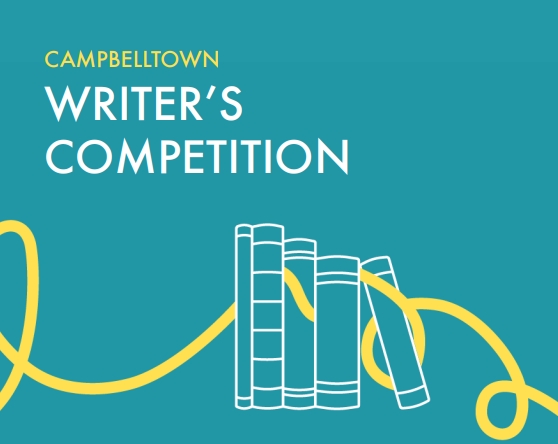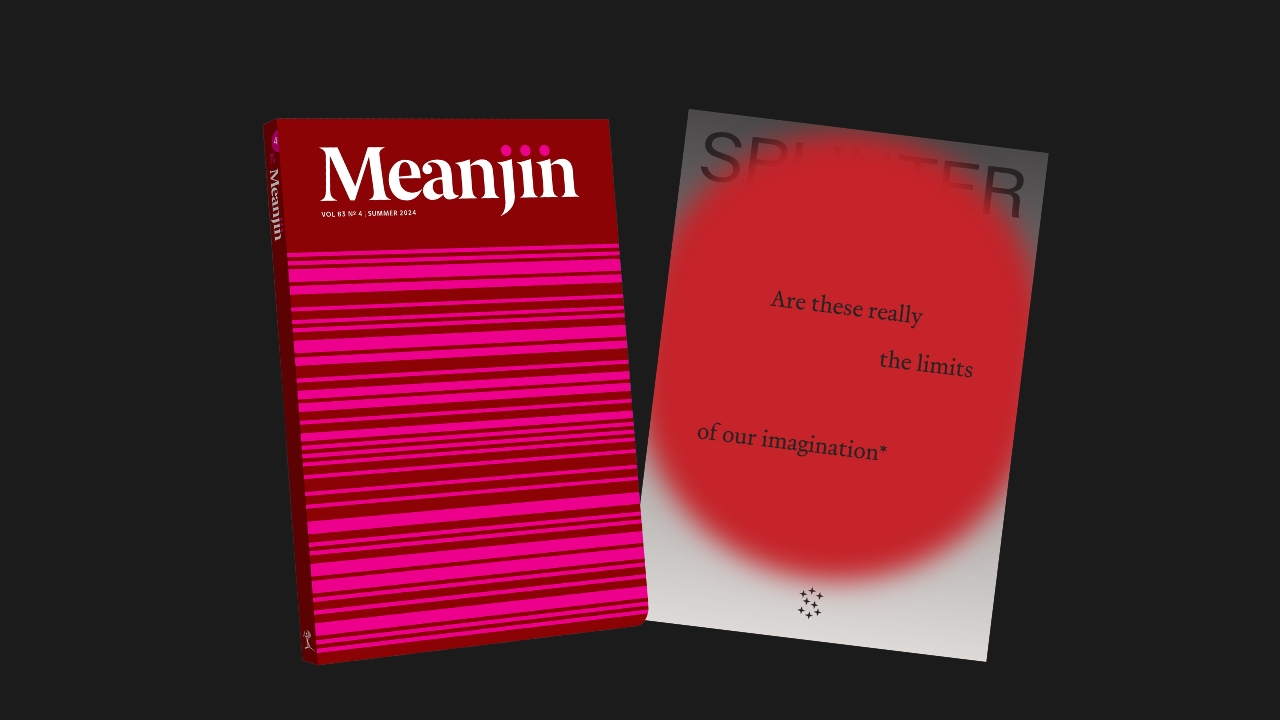By Ben Brooker
I don’t believe in giving advice to aspiring writers. I know this is a problematic way to begin a blog post in which I’ve been asked to dispense tips, but what else is one to say? Read. Lots. And write. Lots. There really is nothing else to be said. I do, however, have a few hundred more words to go so I ought to think of something.
There’s a little game which periodically erupts in my Facebook newsfeed. It’s normally played by the kinds of people who, sitting anywhere in their home, can reach out a hand at any given moment and nine times out of ten be able to find a book there. (Yes, I keep books by the lavatory – doesn’t everybody?) The game is simple: pick up the book nearest you, open to any page, choose a sentence at random. Write the sentence. Share. Advanced players have been known to stay up longer than is healthy, racking their brains for the title and/or author of a source work.
“Poetry, the art in which above all others England has excelled, has for more than a century had no appeal whatsoever for the common people.” Who wrote that? (Googling, it ought to go without saying, is not permitted). Now you have a go and, if you’re feeling really game, post your sentence in the comments section below. Go on. Intrigue me. Expose the depths of my ignorance. I guarantee you’ll feel cleverer for it.
But what, I hear you say, is the point? Well, if you’re a sufficiently serious person then fun alone will not cut any ice with you. If, on the other hand, you’re insufficiently proud, then a fleeting moment of intellectual superiority will most likely not float your boat either. Must I find another justification? It is, after all, only a bloody Facebook game. And yet…
My mind turns to something else. Something darker. Those moments when, the mind having dried like a wrung-out sponge on a hot day, I pick up a book – any book, usually the first one to hand – in search of an inspiring word, phrase or idea. It’s pathetic. Do you do it, or am I the only one? Come on. We can share this too. Let me know. Will it help if I say something about magic rubbing off?
That’s the tricky thing about writing. It’s so desperately mundane, so prosaic, so workaday and yet… and yet… it is magic. Something from nothing. That, unless you’re a theoretical physicist, is as near to magic as makes no difference.
There is another piece of text quite close to me, closer in fact than the book I quoted from earlier had been. It is the transcript of an Open University lecture on playwriting by Mark Ravenhill, British author of Some Explicit Polaroids, Mother Clap’s Molly House and Shopping and F*#king. I recommend it to all aspiring playwrights. It’s too confessional to count as a how-to guide, but there is some advice, my favourite piece of which is this: “Rather than just have the characters either not say anything or have them treading water, I just have this rule which I call a change. So I just kind of clap my hands and shout and call change, and something has to happen – suddenly one of them receives a letter or something – and then I can come back to it the next day and bend that, but at least I didn’t just sit there and agonise over the fact that I couldn’t write at all.”
There you go: a tip. Magic. Now read. And write.
Ben Brooker will be presenting as part of the Writing Bootcamp for Teenagers. Ben has a Bachelor of Arts with a major in drama from Flinders University and completed his honours in 2010. The following year, he graduated from the Adelaide Centre for the Arts’ Advanced Diploma of Professional Writing.
Ben is the author of many published short stories, poems and reviews. He has contributed theatre reviews to dB Magazine and RealTime, and maintains the blog Marginalia where he writes about politics, the media and theatre. His most recent short story Awake will appear in a forthcoming science fiction anthology.







